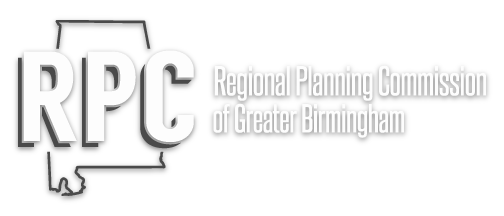Building Communities Grant Program
Click the button below to download and view the high resolution fact sheet.
Please note the following:
Zoning Ordinance updates are not currently eligible types of projects for this grant program.
The RPCGB does not develop “Strategic Plans.” The following is the difference between a Strategic Plan and a Comprehensive Plan:
Strategic Plans cover a shorter timeframe of 3 to 5 years and they are organizational tools that help elected officials and city administrative leaders identify and prioritize key issues, challenges, and opportunities facing a city. It provides a structured approach to determine where resources should be allocated. A Strategic Plan typically includes a vision statement, mission statement, strategic goals, and objectives aligned with the city's priorities. It also outlines specific strategies, action plans, and performance indicators to monitor progress.
Comprehensive Plans cover a longer timeframe of 5 to 10 years and they provide a blueprint for the physical development and land use within an entire city. A Comprehensive Plan must be developed according to Sections 11-52-8 and 11-52-9 of the Code of Alabama. It includes recommendations regarding various aspects of community development and growth, including land use patterns, zoning regulations, transportation networks, public facilities, environmental conservation, social services, and economic vitality. The development of the plan includes extensive public involvement and considers the needs and aspirations of the community as a whole.
Steps to securing your project in the RPCGB pipeline of projects:
Request a Building Communities Grant Program application from RPCGB Principal Planner Lindsay Puckett at lpuckett@rpcgb.org. Fill it out as thoroughly as possible and email it back.
After receiving the completed application, Principal Planner Lindsay Puckett will be in touch to schedule a meeting with key representatives from your City. The meeting will entail a more detailed discussion about the scope of work and project need, the potential project cost, amount of grant program funding, and current RPCGB workload.
Once a cap for the 20% local match for the project is agreed upon, the City Council shall adopt a resolution stating its intention to enter into an agreement with the RPCGB and commit to paying the 20% local match (the RPCGB will provide an example resolution).
After the City Council resolution is passed and a copy of it is emailed to Principal Planner Lindsay Puckett, the project is secured in the RPCGB pipeline of future projects.

